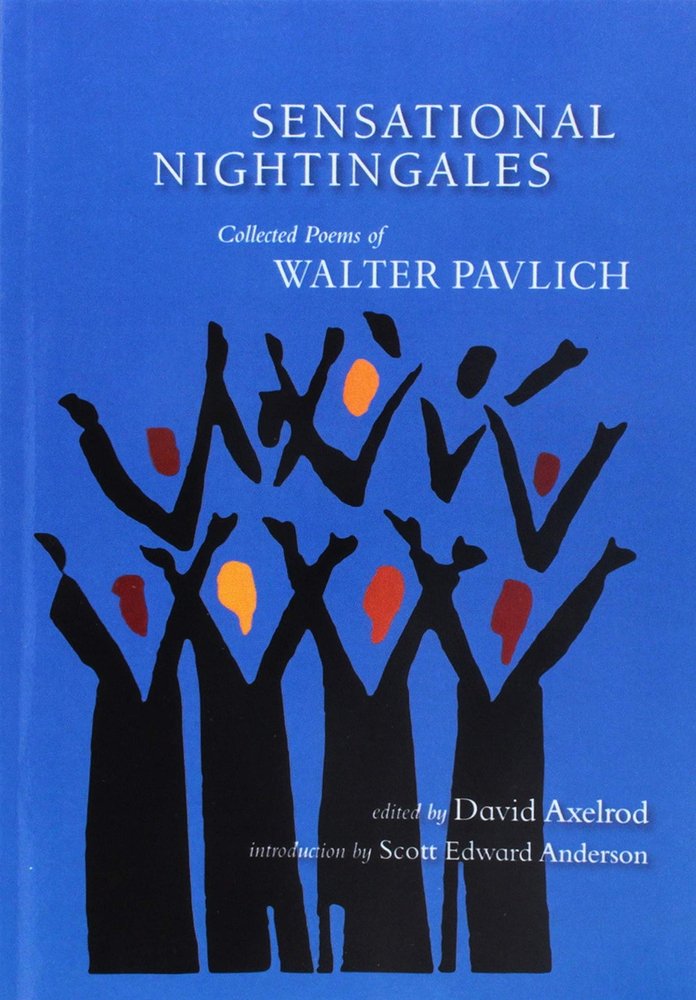Lynx House Press (2017)
Sensational Nightingales:
Collected Poems of Walter Pavlich
Praised by Gary Snyder and Larry Levis, the award-winning poet Walter Pavlich was, from the mid-1980s through the late-1990s, a regular presence in literary magazines and at literary festivals throughout the US. Born in Portland, Oregon, in 1955, Pavlich's early work documented the hardscrabble lives of the urban and rural working class and celebrated the landscape of his beloved Pacific and Interior Northwest. As such, his work is a window to the end of an era in the American West. A student of the comedy of Laurel and Hardy, he also studied with Richard Hugo, whose own vision of the West and its marginalized lives drew Pavlich to Montana. By the end of his short life, Pavlich's poetry had evolved toward a deeply resonant lyrical tenderness and philosophical quietism.
In an interview Pavlich said, “I’ve always tried to define – and celebrate – sort of hard things in life. To try to find beauty in them – or to be more patient and watch the beauty unfold.”
Sensational Nightingales, brings back into print for the first time the entire body of this essential poet's work.
“The book you hold in your hands is, literally, the result of a dream wakened from on July 20, 2013. In it, Walter Pavlich and his wife, poet Sandra McPherson, visited me near dawn to discuss the unavailability of his previously published books of poetry. Walter and I had been friends years before in Missoula, though we had little contact between 1984, by which time we both had moved away from Montana, and the time of his death in 2002, at the age of 47. I had never before met Sandra McPherson, nor had we ever corresponded. As odd as the dream may seem, Walter had been much on my mind during the previous year as I edited Tom Aslin’s memoir about their friendship, “Lessons of Time, Velocity, and Hard Music,” which was later published on the website of the magazine I help edit, basalt: a journal of fine and literary arts. In that dream, I agreed to do whatever I could to make Walter’s collected poems a reality.”
